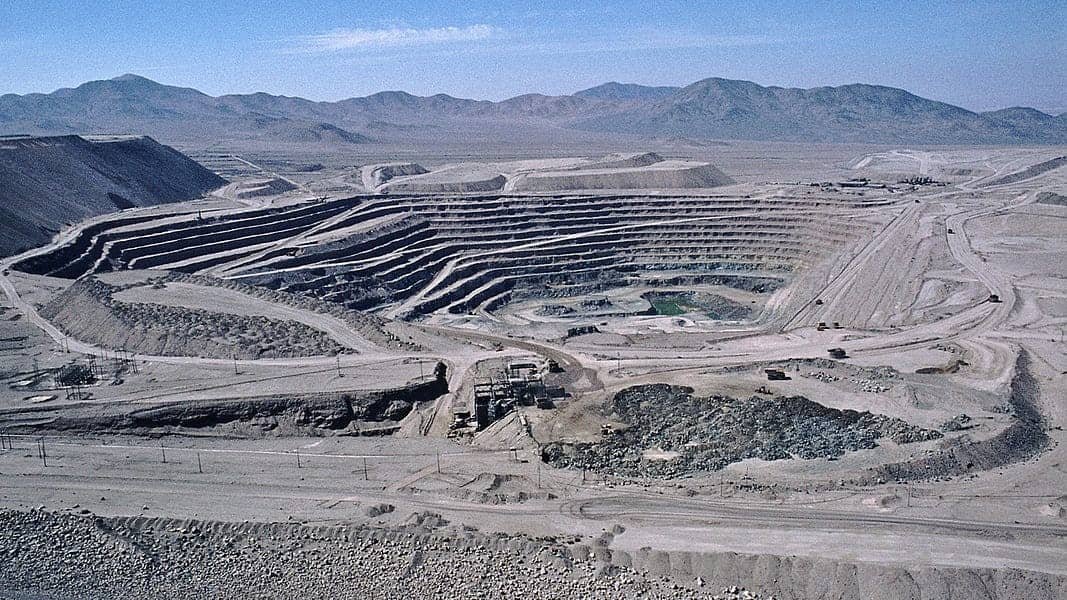Cobalt is an essential component in the production of batteries used in most of our electronic devices such as laptops, smartphones, tablets, or even electric vehicles.
As demand for these products has grown, so has the demand for cobalt.
The majority of the world’s cobalt is currently being mined in the Democratic Republic of Congo (DRC), which has been associated with egregious human rights abuses and the use of child labor.
The DRC accounts for more than 70% of the world’s cobalt production, much of which comes from small-scale, artisanal mines.
These mines are often operated illegally or informally, with little regulation or oversight.
According to a report by Amnesty International, children as young as 7 years old are working in the cobalt mines and they are often forced to work in dangerous and hazardous conditions, with little to no protective equipment or safety training.
They work long hours, sometimes up to 12 hours a day, carrying heavy loads and using primitive hand tools such as pickaxes and shovels.
The work is physically demanding and can lead to injuries or even death, with many children suffering from respiratory problems, skin diseases, and other chronic illnesses due to exposure to toxic chemicals and dust.
According to estimates, tens of thousands of these children are working in the cobalt mines with these brutal conditions, and most of the time, operators who are running these mines turn a blind eye to the use of child labor because it keeps costs down.
The Environmental cost of cobalt mining

In addition to the human cost, cobalt mining also has significant environmental impacts.
Cobalt Mining can cause deforestation, soil erosion, and most of the time, toxic waste from mining operations contaminates local waterways, threatening the health of both humans and wildlife.
The use of heavy machinery, explosives, and diesel-powered trucks in cobalt mining can release pollutants into the air, contributing to respiratory problems and other health issues for nearby communities.
Moreover, the energy-intensive nature of cobalt mining, particularly in the processing of raw materials, results in significant greenhouse gas emissions that contribute to climate change.
To address these issues, some companies have pledged to only source cobalt from mines that meet certain ethical and environmental standards. However, most of these pledges happen on paper and nothing really changes on the ground.
Can we really change anything?
The problem of cobalt mining in Congo is complex and difficult to solve, but there might be some steps that can be taken to address these issues.
For example, increasing transparency around supply chains and establishing independent auditing systems could help ensure that cobalt is sourced ethically and responsibly.
Companies that rely on cobalt should take responsibility for the impact of their supply chains and work to ensure that they are not supporting child labor or environmentally destructive practices.

Governments and international organizations can provide funding and support to local communities to help them transition to more sustainable economic activities.
On the other hand, consumers can play a role by choosing to purchase products that are certified (by a reliable certifier) as being responsibly sourced.
Ultimately, addressing the problems associated with cobalt mining in the Congo requires a collaborative effort between governments, NGOs, and corporations.
Moreover, Cobalt is just one example of how the demand for natural resources can lead to exploitation and environmental degradation.
By working together, governments, companies, and consumers, we can at least hope to build a more sustainable and equitable future.







